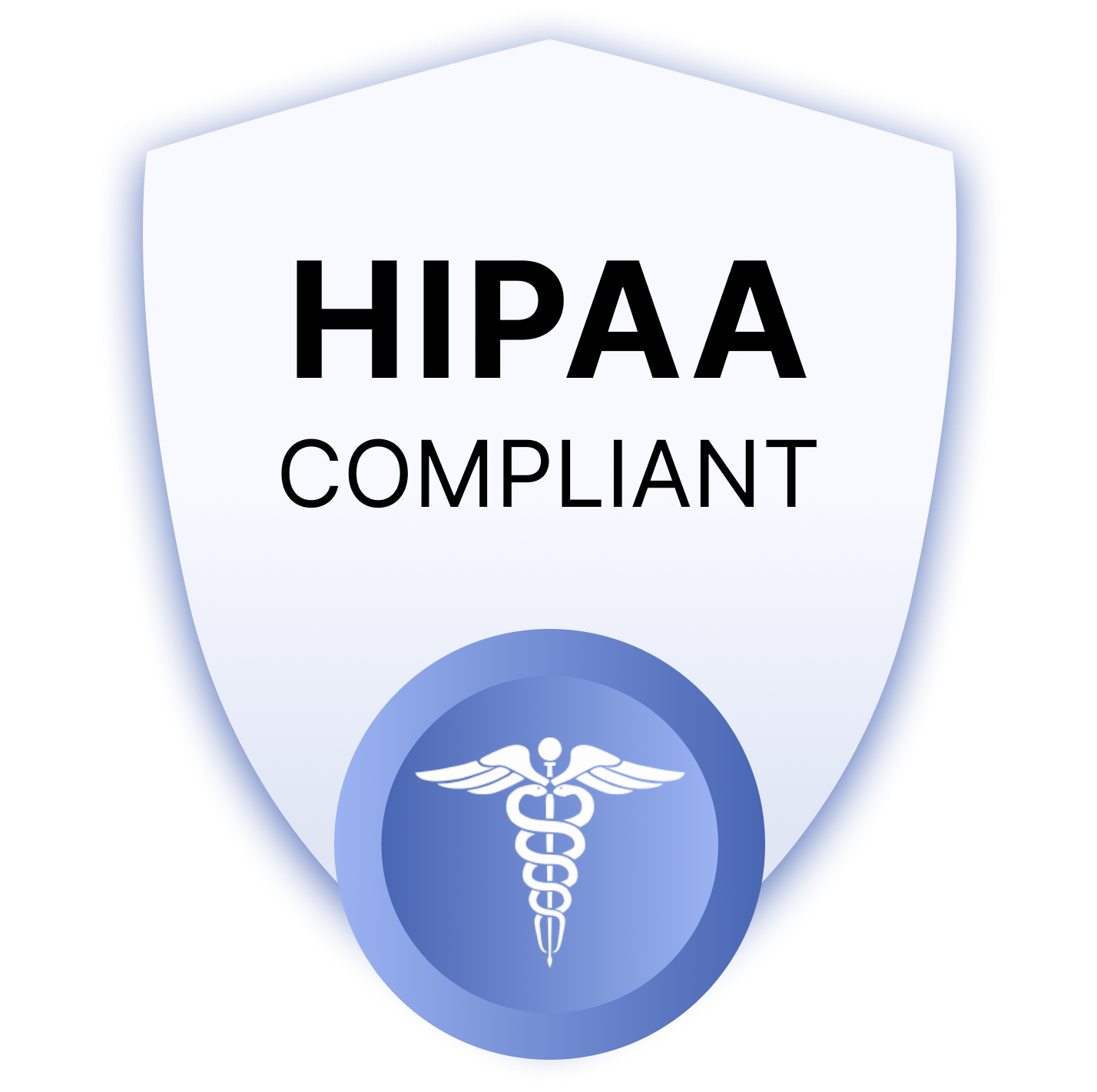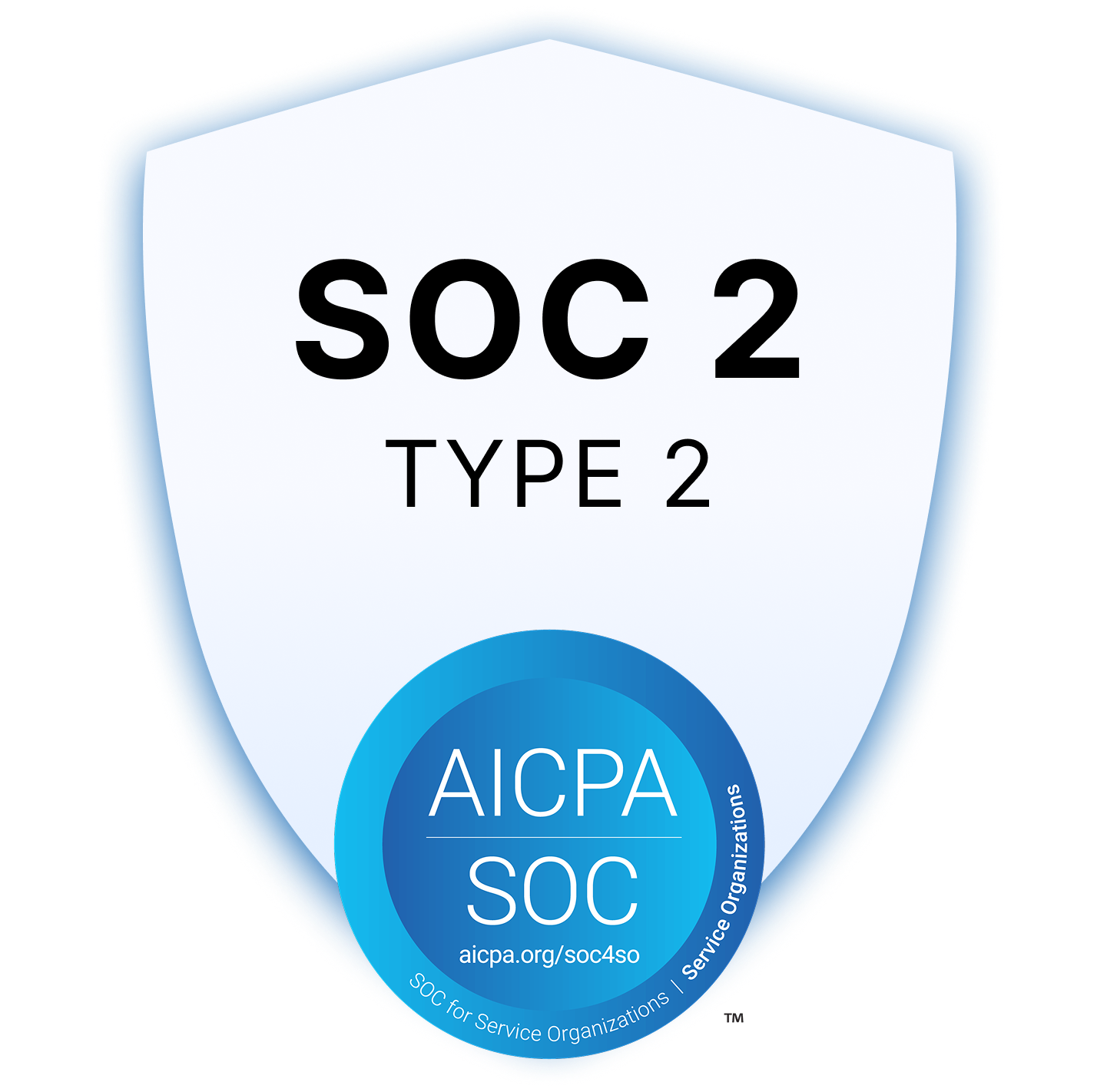
AI in Healthcare
5 min read
AI Predictive Analytics in Healthcare: What Is It & Benefits
Summary
Your Competitors Are Embracing AI – Are You Falling Behind?
Artificial intelligence (AI) is revolutionizing various sectors, with healthcare at the forefront of this technological transformation.
AI predictive analytics in healthcare is a promising area that uses sophisticated algorithms to forecast potential health events. These tools offer substantial benefits to patient care and system efficiency.
By analyzing massive amounts of healthcare data, these tools can identify patterns that are imperceptible to the human eye. As a result, they enable earlier interventions and personalized treatment plans.
In this article, we will explore how AI predictive analytics is being integrated into healthcare practices and its impact on patient outcomes.
AI Predictive Analytics in Healthcare: TL;DR
Artificial Intelligence (AI) is rapidly transforming healthcare through predictive analytics. These advanced algorithms analyze large datasets to anticipate future events, such as disease outbreaks or patient admissions.
- Disease Prediction: Identifying individuals at high risk of developing certain conditions.
- Resource Allocation: Optimizing the use of healthcare resources by predicting peak times.
- Treatment Personalization: Tailoring treatment plans based on predicted patient responses.
- Operational Efficiency: Streamlining hospital operations, like reducing outpatient no-shows.
What is AI Predictive Analytics in Healthcare?
Predictive analytics in healthcare harnesses the power of artificial intelligence (AI) and machine learning to analyze historical health data and make informed predictions.
It plays a critical role in identifying potential health events before they occur, allowing healthcare providers to deliver proactive, personalized care.
Healthcare data is vast and complex, comprising patient records, treatment histories, clinical NGS data and various health indicators.
AI predictive analytics processes this data and detects patterns that may indicate future risks, such as the likelihood of a patient developing a certain condition.
Key Components:
- Historical data: Essential for identifying trends and training AI models.
- Machine learning algorithms: They learn from data to make accurate predictions.
- Real-time analysis: Enables immediate insights for timely interventions.
Applications include:
- Forecasting patient outcomes
- Anticipating staffing and resource needs
- Identifying high-risk patient groups
The integration of AI systems with healthcare workflows enables professionals to query these systems, thus improving their understanding of the predictions and aiding in decision-making.
In essence, AI predictive analytics serves as a forward-looking tool that supports clinicians and healthcare organizations in optimizing patient care and operations management. It is driven by innovation in AI and IoT, with the ultimate goal of enhancing health outcomes through preemptive action.
Benefits of AI Predictive Analytics for Healthcare
Improved Health Outcomes
AI predictive analytics can identify patterns in patient data that humans may overlook, leading to more accurate diagnoses and better treatment plans.
By analyzing historical and real-time data, AI can forecast patient health events, allowing for early interventions that can improve outcomes.
Personalized Treatment Plans
With AI, healthcare providers can develop more personalized care for patients.
The technology enables the analysis of massive data sets, taking into account individual patient histories and characteristics, to suggest customized treatment approaches.
Operational Efficiency
By leveraging predictive analytics, healthcare facilities can optimize their operations.
For example, AI can predict patient admission rates, helping hospitals manage staffing and bed availability more effectively, and reducing wait times for patients.
Cost Savings
AI can streamline various processes, reducing the likelihood of unnecessary tests and procedures, and therefore cutting down healthcare costs.
Predictive analytics also helps in predicting and avoiding preventable diseases, which could lead to significant long-term savings.
Enhanced Patient Safety
Analytics can help monitor for potential adverse events before they occur.
AI systems can alert caregivers to the early signs of patient deterioration, leading to swift action and improved patient safety.
Accessibility
AI can assist in remote monitoring and telehealth services, increasing accessibility of care, especially for patients with mobility issues or those living in remote areas.
It holds the promise of quality healthcare for everyone, regardless of their location.
5 Key Use Cases of AI Predictive Analytics in the Healthcare Industry
1. Personalized Patient Care
AI-driven predictive analytics allow healthcare providers to tailor treatment plans to individual patient needs. For example, by analyzing patient data, AI can anticipate health declines and suggest personalized intervention strategies.
2. Early Medical Interventions
Utilizing big data, predictive models can identify patients at risk of developing certain conditions, enabling earlier and more effective treatments. In critical care units, such as the ICU, this can mean the difference between life and death.
3. Streamlined Hospital Administration
Predictive analytics assist in resource allocation within hospitals, leading to more efficient operations. AI can enhance scheduling, reduce patient wait times, and optimize staff deployment.
4. Reduction in Healthcare Costs
By predicting patient admission rates and potential health crises, hospitals can manage resources more effectively, thereby cutting unnecessary expenditures. Accurate predictive analytics can reduce the frequency of unnecessary tests and procedures.
5. Cybersecurity Enhancement
With healthcare data breaches on the rise, predictive analytics serves as an early warning system, identifying unusual patterns that may indicate a cyber attack. This proactive measure protects sensitive patient information from unauthorized access.
5 Challenges of Using AI Predictive Analytics in Healthcare
1. Data Privacy and Security
Heavily regulated data protection laws often complicate the handling of patient data. Healthcare providers must navigate through strict HIPAA guidelines to protect patient confidentiality while utilizing AI tools.
2. Integration with Existing Systems
Integrating AI analytics into current healthcare systems presents significant challenges. Healthcare facilities often use outdated systems that are not designed to work with the latest AI technologies, leading to potential compatibility issues.
3. Data Quality and Cleanliness
The accuracy of AI predictions depends on the quality of the data fed into the algorithms. Healthcare data is often fragmented and inconsistent, which can lead to unreliable outcomes. Ensuring data is clean and standardized is crucial.
4. Lack of Transparency and Explainability
AI systems are sometimes seen as "black boxes," offering little insight into how they reach their conclusions. This lack of transparency can decrease trust among healthcare providers and patients in AI-driven decisions.
5. Requirement for Skilled Personnel
AI predictive analytics demands a workforce skilled in data science and analysis.
The healthcare sector faces shortages of professionals who can develop, implement, and maintain AI systems.
- Data Privacy and Security
- Integration with Existing Systems
- Data Quality and Cleanliness
- Lack of Transparency and Explainability
- Requirement for Skilled Personnel
A generative AI development company can play a crucial role in advancing AI predictive analytics by creating sophisticated models capable of generating insights from vast healthcare datasets.
Unlock 300+ integrations with no hidden fees, bespoke rewards, and dedicated support
Related Articles















